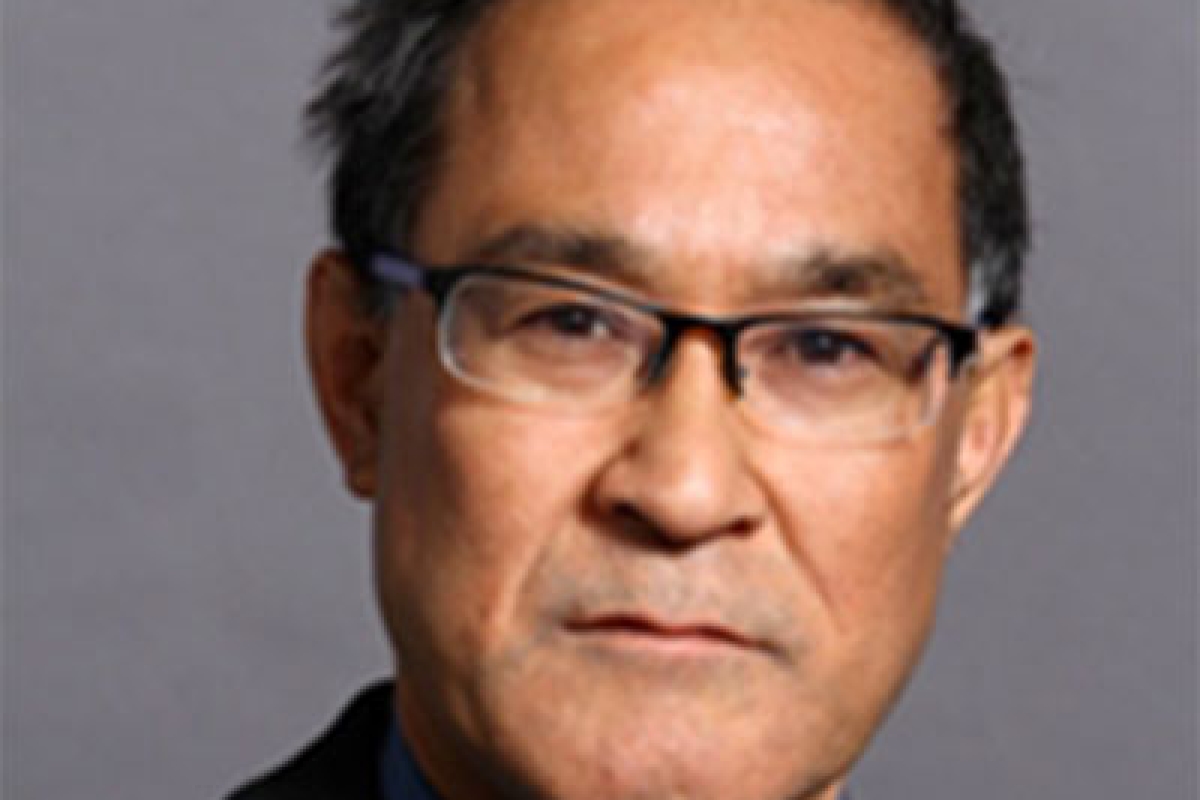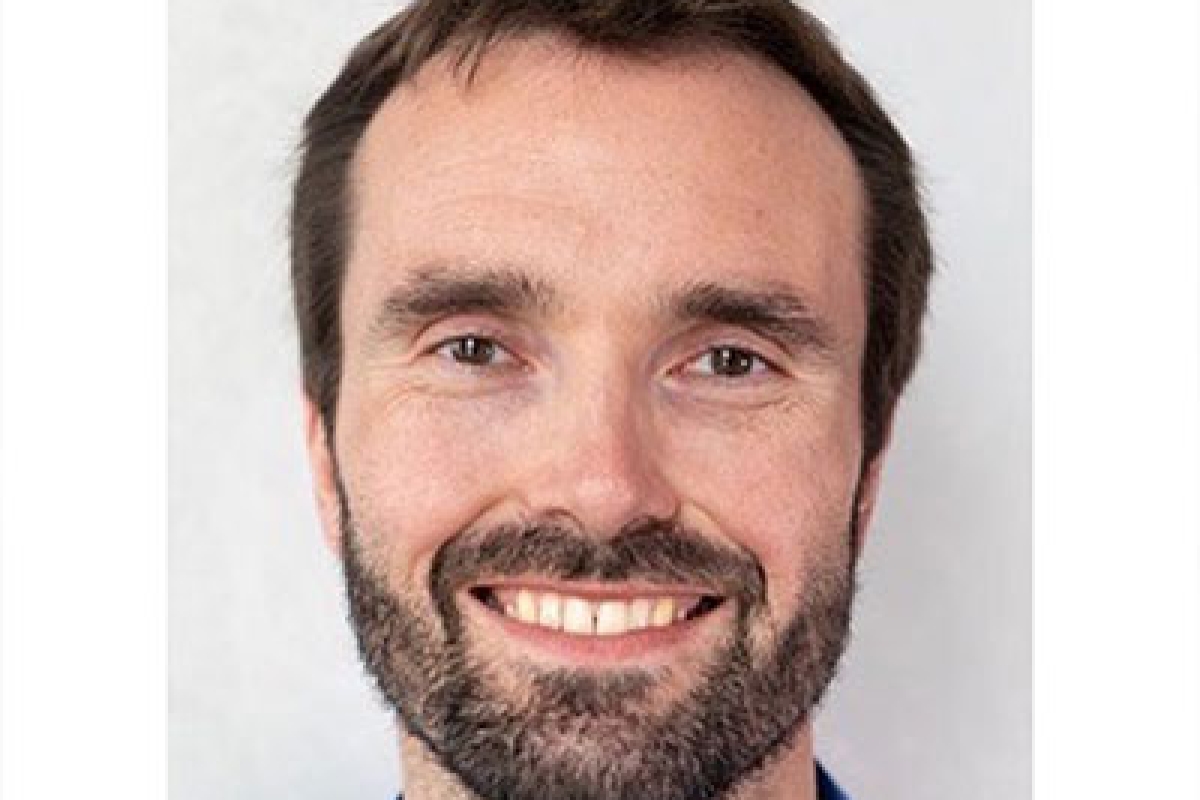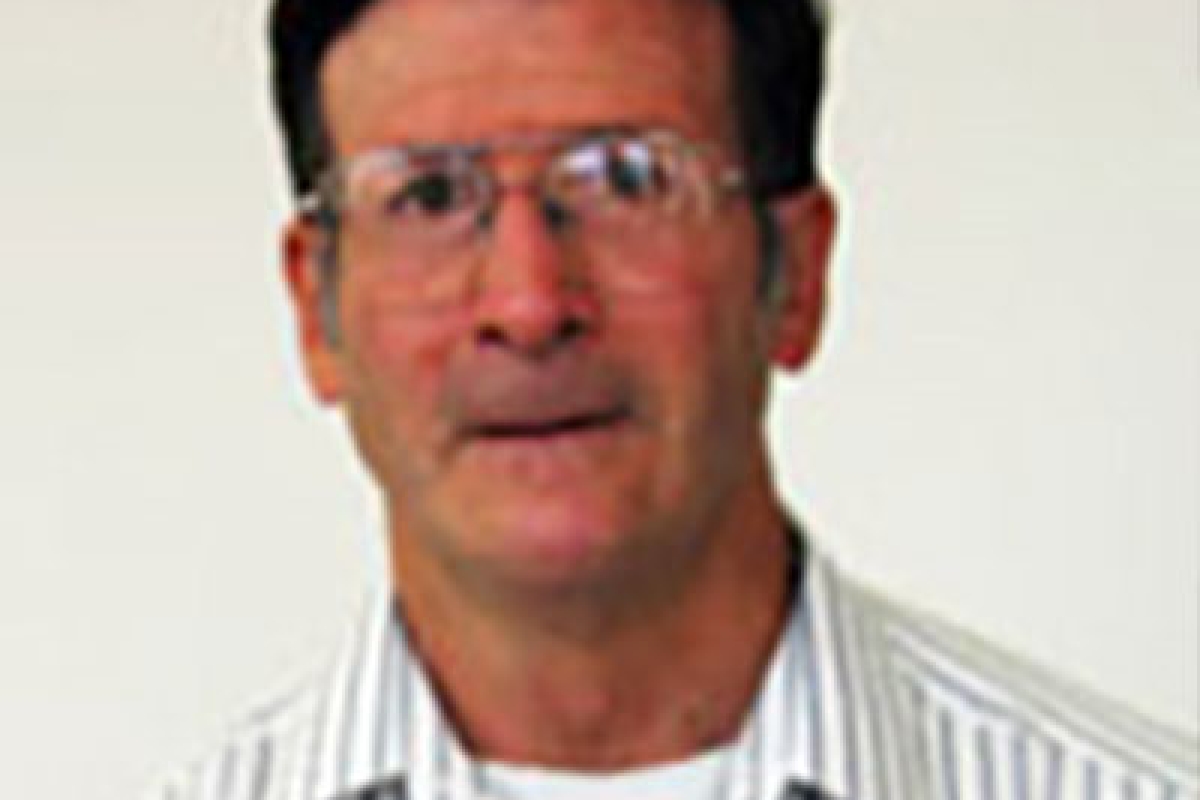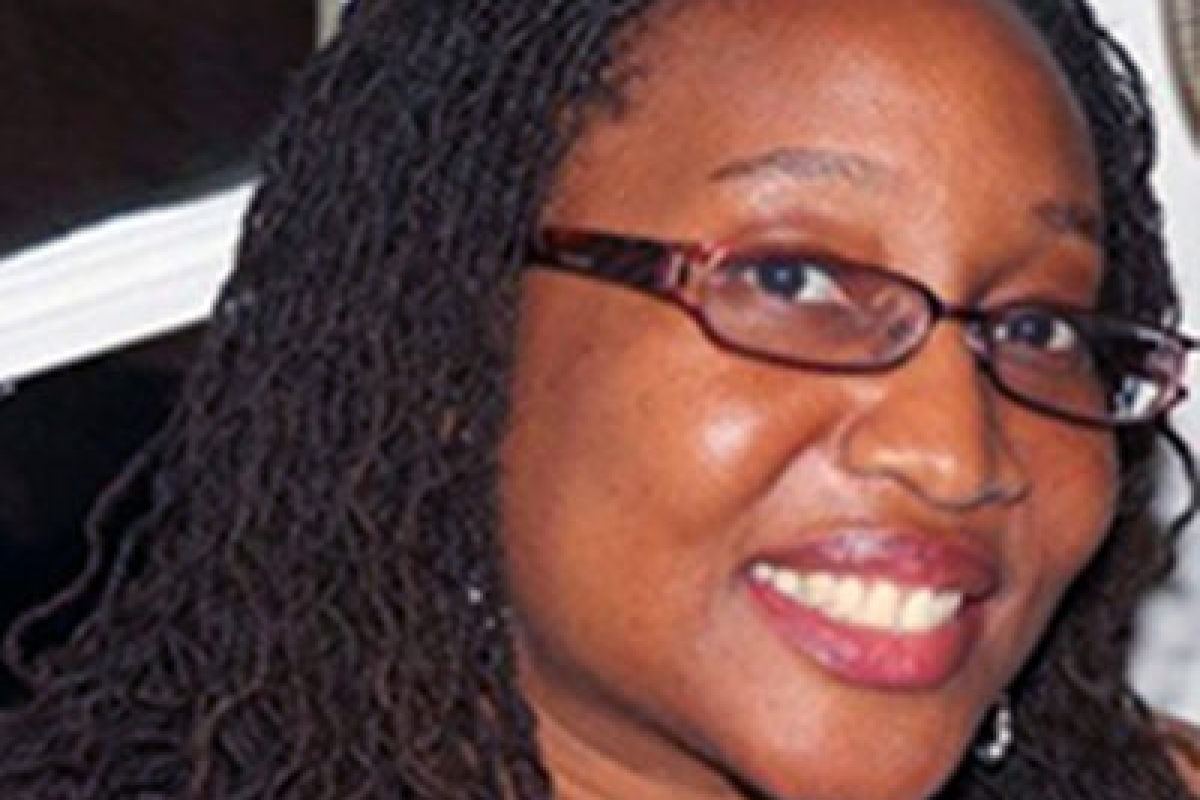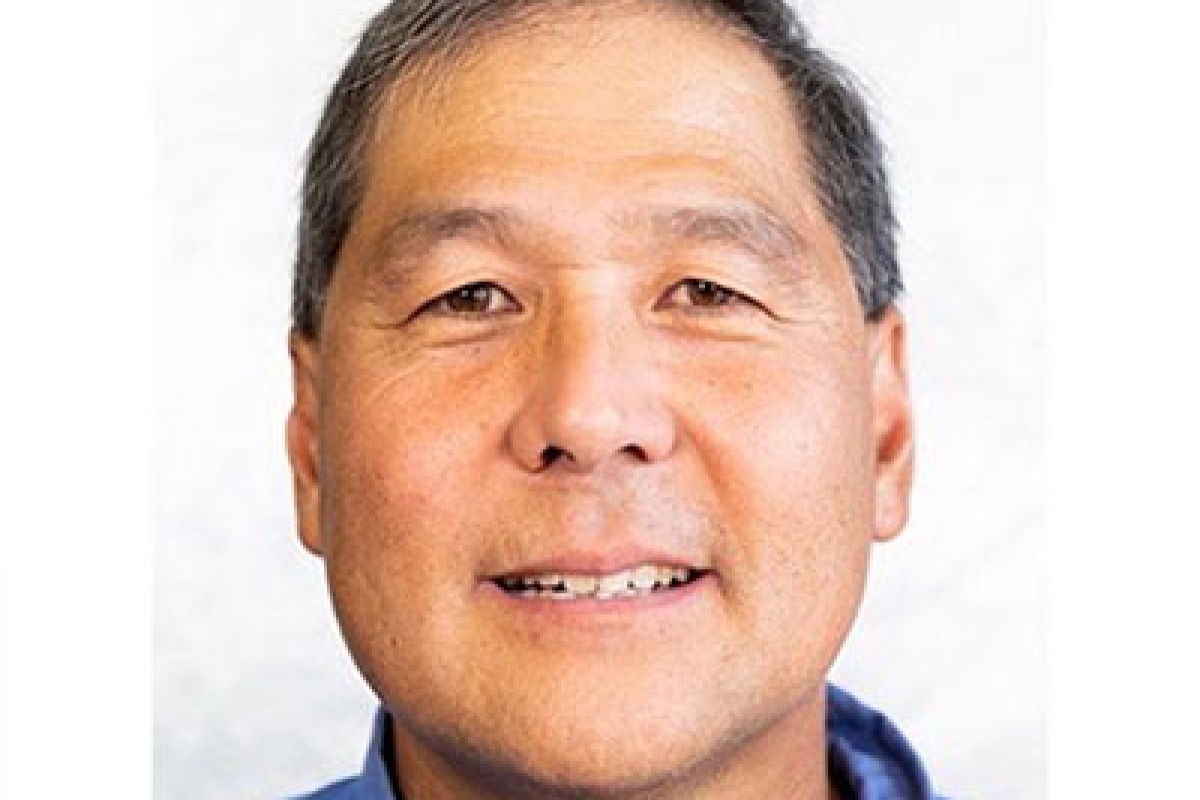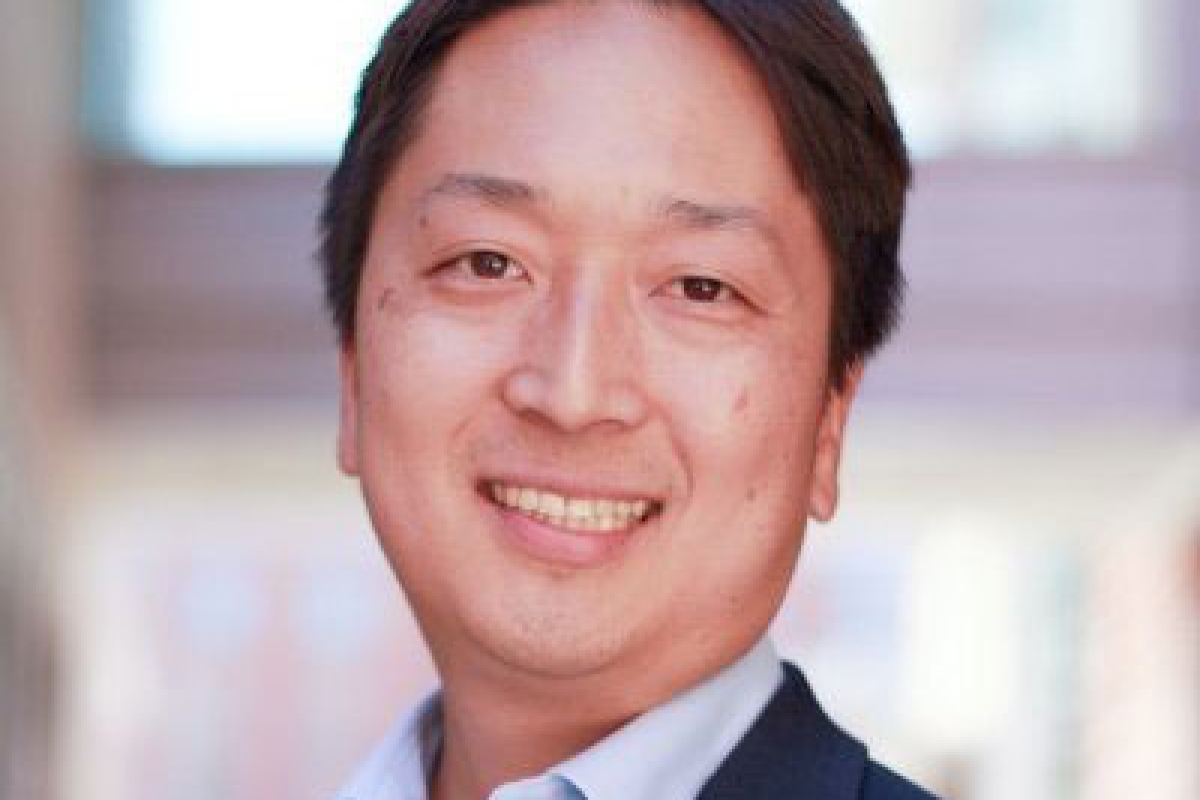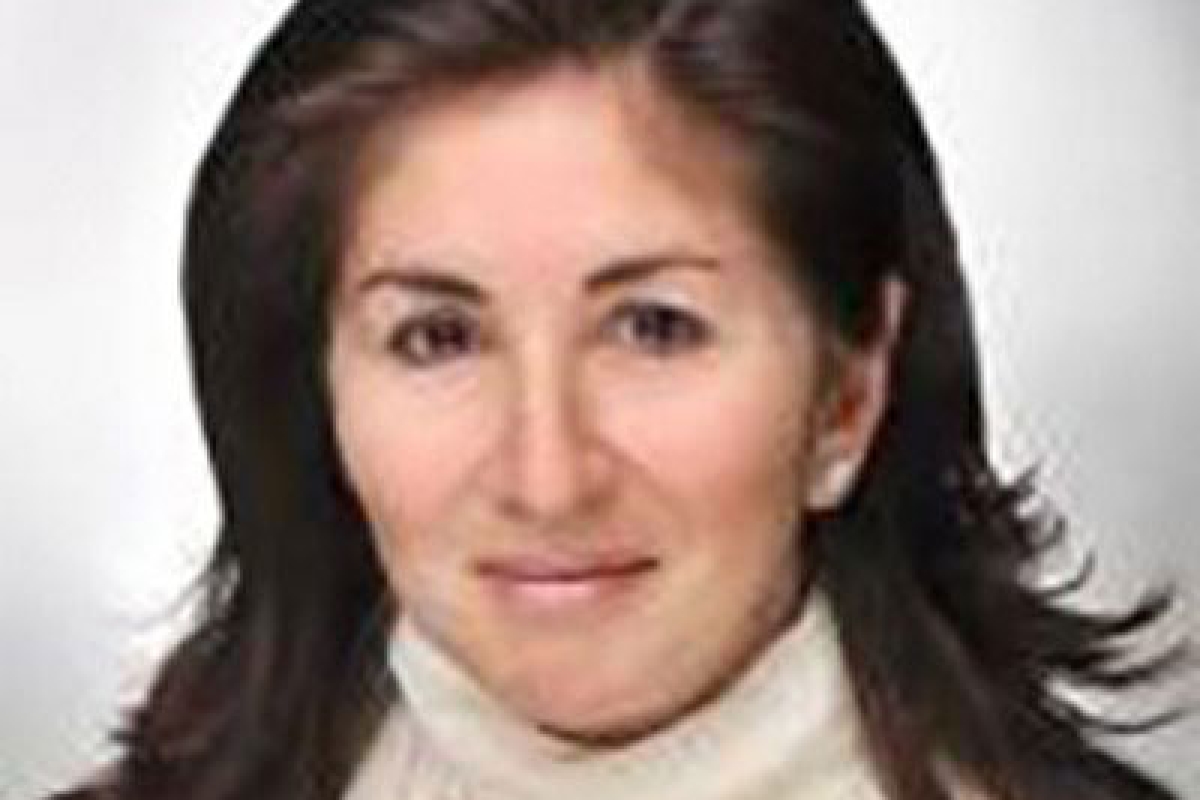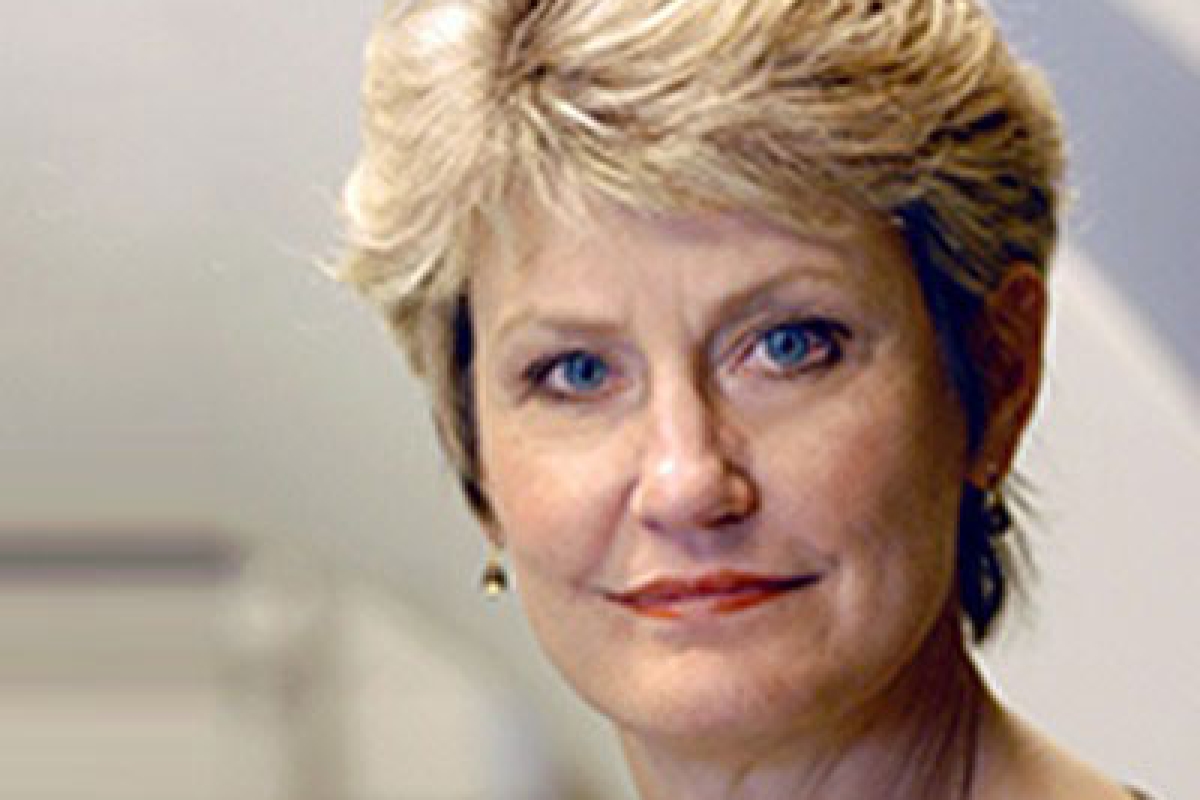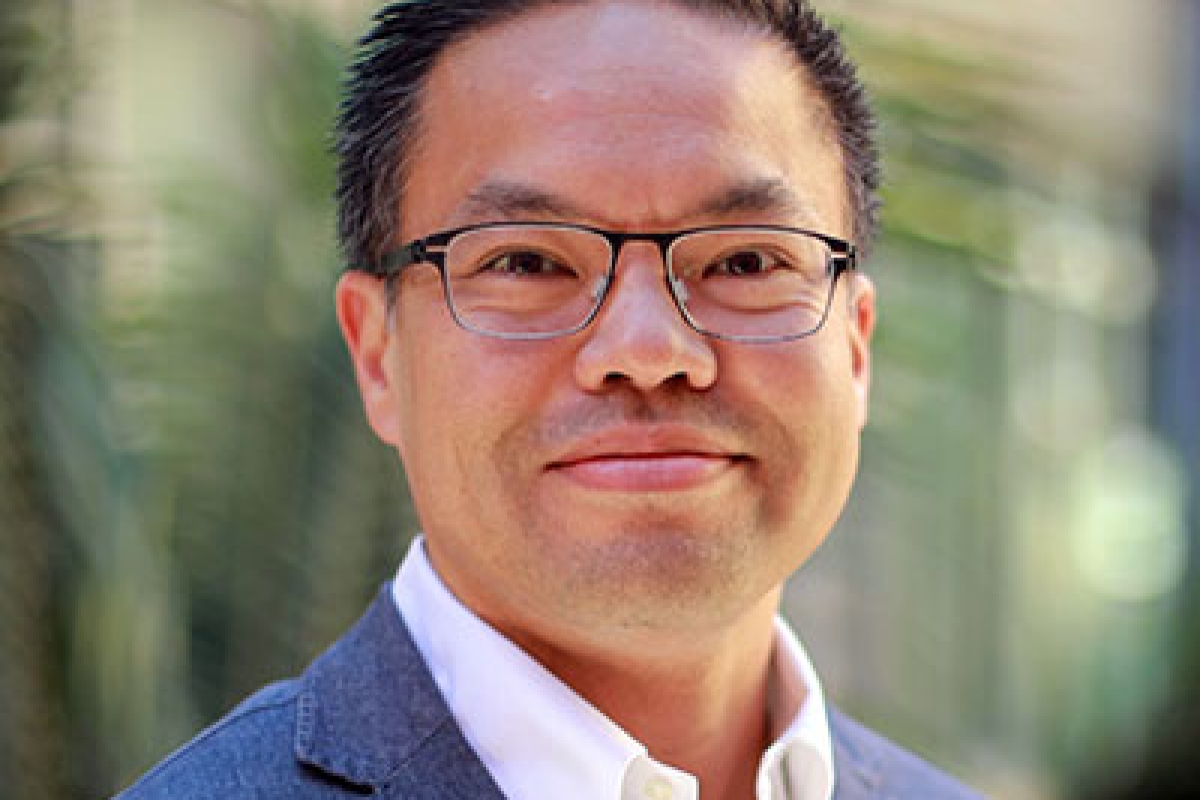Director, Biomedical Artificial Intelligence Research Lab
Professor and Vice Chair of Research, Department of Radiological Sciences
Professor, Departments of Pathology, Bioengineering, Electrical & Computer Engineering
Professor, Bioinformatics Interdepartmental Program
Member, Institute for Quantitative and Computational Biosciences
Member, Jonsson Comprehensive Cancer Center
Professor, Department of Radiological Sciences
BIOGRAPHY
Dr. Ricky Taira obtained his Bachelor’s degree in electrical engineering in 1982, and went on to receive a PhD in biomedical physics in 1988 from UCLA. He is now a Professor in the Department of Radiological Sciences at UCLA’s David Geffen School of Medicine. His past research interests have included picture archive and communication systems (PACS), medical knowledge bases (the KMeD project) for intelligent patient case retrieval, and structuring clinical observations for disease modeling. Currently, his main research focus is on developing a cognitively inspired natural language processing system (NLP) for clinical reports. He is the co-PI and investigator of several NIH-funded grants. Dr. Taira is the UCLA site PI for a telemedicine screening grant for diabetic retinopathy in collaboration with Charles Drew University and the Los Angeles County of Health Services. Dr. Taira teaches courses in medical knowledge representation and medical imaging informatics that are part of the UCLA Medical and Imaging Informatics interdisciplinary training program.
Assistant Professor, Department of Radiological Sciences
BIOGRAPHY
Robotics, natural language processing, and machine learning have made amazing advances over the past few decades, with significant time and funding dedicated to development of countless applications of these fields. Nevertheless, no machine-based system can match the versatility or robustness of the human brain; human-created language and image processing systems are vastly inferior to their biological counterparts; and human decisions and mechanical actions remain the gold standard in the medical field. The goal of my research is to bridge the gap between the brain and machine applications through:
Learning the underlying processes in the function of the human brain
Creating interfacing software to facilitate brain-machine interaction
Developing closed-loop systems to modulate patient treatment based on their physiological state
An example of a brain-computer interface project from our lab can be seen below:
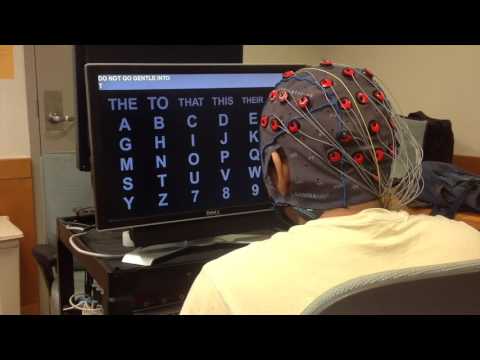
Professor, Department of Radiological Sciences & Biostatistics
BIOGRAPHY
James W. Sayre received the Ph.D. degree in biostatistics in the department of Biostatistics, University of California (UCLA), Los Angeles, CA, USA, in 1977.,He is an Adjunct Professor of Biostatistics& Radiological Sciences at UCLA. His current research interests include computational statistics and database management, clinical trials, statistical methodology in medical diagnostic systems.
Adjunct Professor, Department of Radiological Sciences
BIOGRAPHY
Dr. Ogunyemi’s research interests include computerized medical decision support, reasoning under uncertainty, 3D graphics and visualization, and machine learning. Her research focuses on developing and evaluating novel computerized decision support systems for different biomedical domains with an emphasis on assisting clinicians in medically underserved and under-resourced settings. She has been principal investigator on a National Library of Medicine (NLM)-funded study of machine learning approaches to identify patients with latent/undiagnosed diabetic retinopathy from electronic health records, on an NLM-funded study of computerized decision support for penetrating trauma, and on a National Cancer Institute-funded study of individualized breast cancer risk prediction using Bayesian networks. She is currently working on an NLM-funded study that utilizes both unsupervised machine learning and qualitative methods to study COVID-19 vaccination and testing hesitancy. She is a co-chair of the UCLA CTSI’s biomedical informatics program, representing CDU.
Dr. Ogunyemi holds an undergraduate degree in Computer Science from Barnard College, Columbia University and an M.S.E, and Ph.D. in Computer and Information Science from the University of Pennsylvania. Before moving to Charles Drew University to become the Director of the Center for Biomedical Informatics, Dr. Ogunyemi was biomedical informatics faculty in the Department of Radiology at Brigham and Women’s Hospital and Harvard Medical School from 1999 until 2007. She was also a member of the affiliated faculty in the Harvard-MIT Division of Health Sciences and Technology from 2003 until 2007. She has taught graduate level biomedical informatics courses in the Harvard-MIT Division of Health Sciences and Technology, at UCLA, and short courses on informatics at the University of Natal (now KwaZulu-Natal), Durban, South Africa. She served on the National Library of Medicine’s Biomedical Library and Informatics Review Committee study section from 2003-2007, is currently a member of the National Library of Medicine’s Board of Regents (2021-2025), is an editorial board member of the Journal of Biomedical Informatics and an elected Fellow of the American College of Medical Informatics.
Adjunct Professor, Department of Radiological Sciences
BIOGRAPHY
I am currently working at the Veterans Affairs Greater Los Angeles Healthcare System with both operational and research responsibilities. My research concentrates on structuring textual and image data for improved efficiency of data annotation, information extraction, and summarization. We utilize data mining algorithms (naive Bayes, logistic regression, Bayesian networks, support vector machines, and decision trees) to classify clinical text as well as documents to improve quality control and efficiency within radiology. We have also developed JAVA based Structured Reporting modules utilizing the DICOM standard so to interact with commercial PACS systems. In addition to my research, I have consulted and developed software for Imaging Informatics companies.
Professor, Department of Radiological Sciences
Professor, Department of Bioengineering
Member, Institute for Quantitative and Computational Biosciences
Member, Jonsson Comprehensive Cancer Center
BIOGRAPHY
I am a Professor-in-Residence in the Department of Radiological Sciences, Bioinformatics, and Bioengineering and a member of the Medical & Imaging Informatics group. I am also affiliated with the Institute of Quantitative and Computational Biosciences (QCB), UCLA Medical Informatics Home Area, and Jonsson Comprehensive Cancer Center. I am a deputy editor for Radiology: Artificial Intelligence.
In the current data-rich healthcare environment, our capacity to collect vast amounts of longitudinal observational data must be matched with a comparable ability to learn from the data and enable individually tailored medicine. My research focuses on systematically integrating information across different data sources to improve the performance and robustness of clinical prediction models. I direct the Integrated Diagnostics Shared Resource, an interdepartmental resource that prospectively collects clinical, imaging, and molecular data to improve the detection and characterization of early-stage cancer. I also lead a team of postdoctoral fellows and graduate students who are developing computational tools that harness clinical, imaging, and molecular data to aid physicians in formulating timely, accurate, and personalized management strategies for individual patients. We adapt and validate novel artificial intelligence/machine learning algorithms, translating them into applications that enable precision medicine. My team works on problems related to data wrangling, knowledge representation, machine learning, and interpretation. We utilize a wide spectrum of approaches, from statistical approaches to machine and reinforcement learning, depending on the problem. I work closely with a team of software developers and analysts who harden and translate research products into real-world applications that improve the practice of radiology.
RESEARCH INTERESTS
- Develop machine learning approaches for discovering optimal care pathways for individuals
- Build software tools and algorithms to enable integrated diagnostics research
- Use deep neural networks to integrate multimodal data for integrated diagnostics
- Improve methods for evaluating and adopting prediction models
- Formalize the process of using published literature for treatment selection and experiment planning
Professor, Departments of Radiological Sciences & Neurology
Chair, Department of Radiology, Greater Los Angeles VA
Professor, Department of Radiological Sciences
Professor, Department of Bioengineering
Vice Chair for Research, Department of Radiological Sciences
BIOGRAPHY
Following completion of a doctorate in medicine in 1979, Dr. Aberle completed residency training in internal medicine and subsequently in diagnostic radiology, with fellowship training in thoracic imaging. Dr. Aberle is a well-established clinical researcher. She is a leader in cancer screening trials, having spearheaded the National Lung Screening Trial (NLST), a multi-center endeavor and the largest prospective randomized imaging trial on lung cancer screening in the world. Additionally, she is involved in multiple NIH research projects. She serves in leadership capacities for multiple organizations, including ECOG-ACRIN (Eastern Cooperative Oncology Group-American College of Radiology Imaging Network), where she is Co-Chair of the Early Detection, Diagnosis, and Surveillance Committee and a member of the Executive Committee through which all clinical trials and research opportunities are approved. She also serves on the IASLC (Intl Association for the Study of Lung Cancer) Screening Executive Committee and Co-Chairs the Radiology Working Group. She has been awarded for her teaching excellence at UCLA and received awards for outstanding scientific leadership from ACRIN, the Society of Thoracic Radiology, the IASLC, the Academy of Radiology Research, and the inaugural award for Outstanding Achievement in Clinical and Translational Research from the UCLA Clinical Translational Science Institute (CTSI).
Administrative assistant: Brian Manning
bmanning@mednet.ucla.edu
Director, Medical & Imaging Informatics (MII) Group | Medical Informatics Home Area
Professor, Departments of Radiological Sciences, Bioengineering & Bioinformatics
Senior Associate Director for Informatics, UCLA Clinical & Translational Science Institute (CTSI)
Senior Associate Dean for Bioscience Graduate Programs & Postdoctoral Affairs, DGSOM
Associate Dean for Bioscience Graduate Programs & Postdoctoral Affairs, College of Letters & Science
David Geffen Chair in Informatics
David Geffen School of Medicine at UCLA
BIOGRAPHY
Dr. Bui received his PhD in Computer Science in 2000, upon which he joined the UCLA faculty. He is now the Director of the Medical & Imaging Informatics (MII) group. His research includes informatics and data science for biomedical research and healthcare in areas related to distributed information architectures and mHealth; methodological development, application, and evaluation of artificial intelligence (AI) methods, including machine/reinforcement learning; and data visualization. His work bridges contemporary computational approaches with the opportunities arising from the breadth of biomedical observations and the electronic health record (EHR), tackling the associated translational challenges.
Dr. Bui has a long history of leading extramurally funded research, including from multiple different National Institutes of Health (NIH) institutes (NCI, NLM, NINDS, NIBIB, etc.). He was Co-Director for the NIH Big Data to Knowledge (BD2K) Centers Coordination Center; and Application Lead for the NSF-funded Expeditions in Computing Center for Domain-Specific Computing (CDSC), exploring cutting-edge hardware/software techniques for accelerating algorithms used in healthcare. He led the NIH-funded Los Angeles PRISMS Center, a U54 focused on mHealth informatics. He is now Director of UCLA’s Bridge2AI Coordination Center, a landmark NIH initiative to advance the use of AI/ML methods. Dr. Bui is Program Director of multiple separate NIH TL1/T15/T32s at UCLA in the areas of biomedical informatics and data science; Director for the Medical Informatics Home Area in the Graduate Program in Biosciences; Co-Director of the Center for SMART Health; and serves at the Senior Associate Director for Informatics for UCLA’s Clinical and Translational Science Institute (CTSI). He also Co-Chairs the University of California (UC) AI Council.


